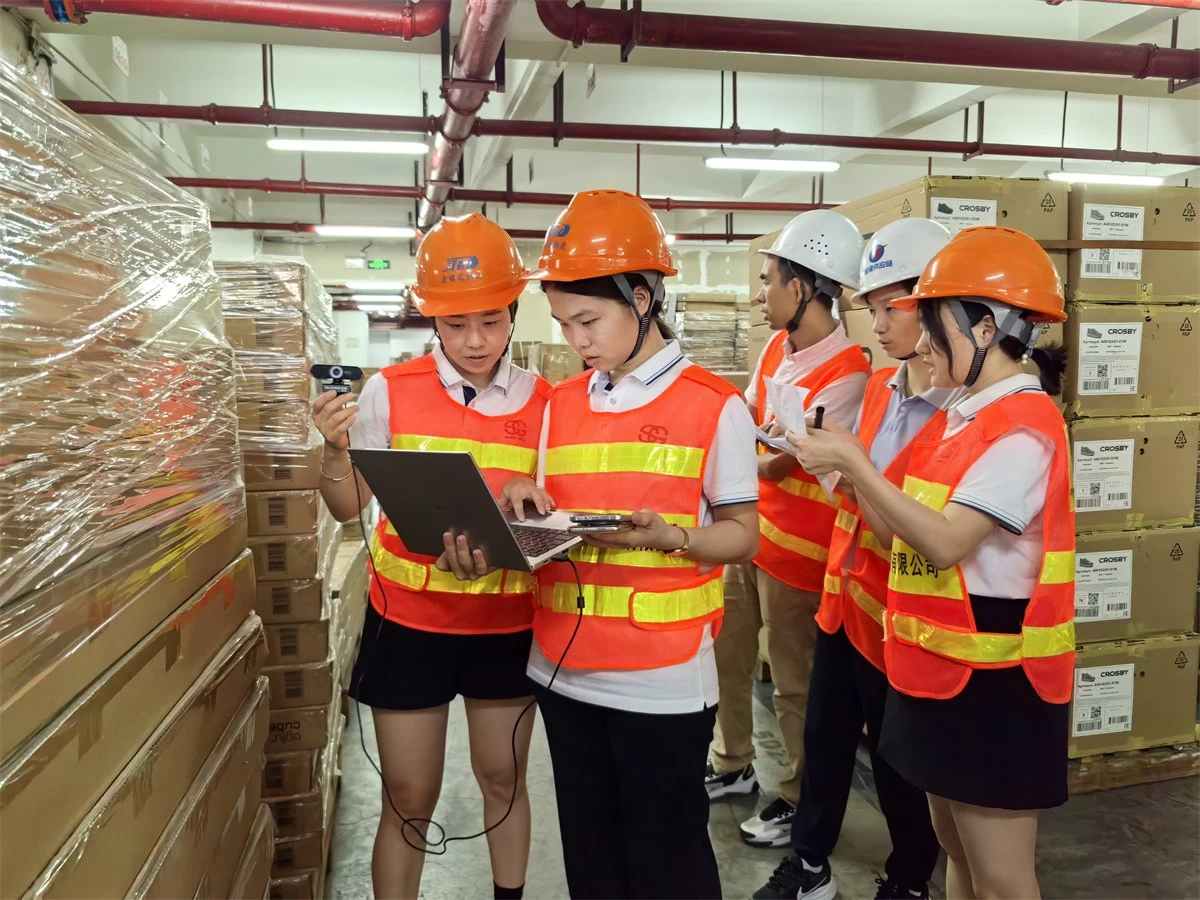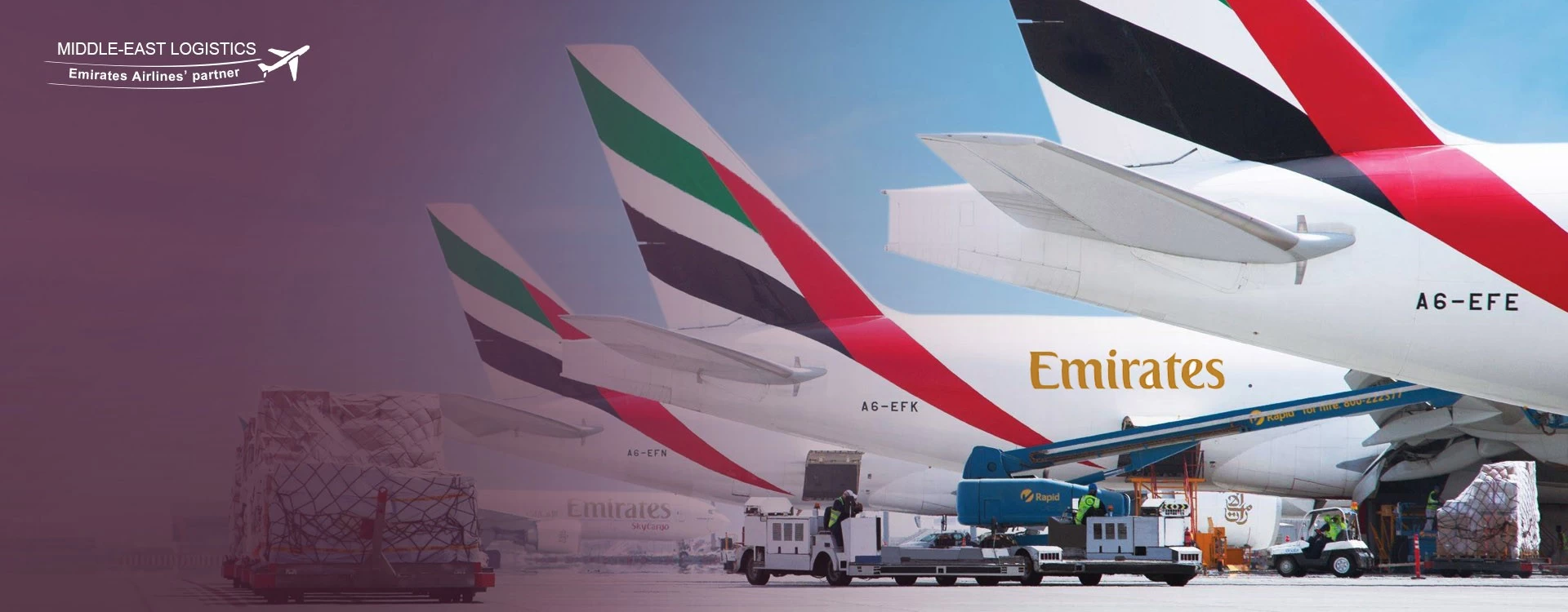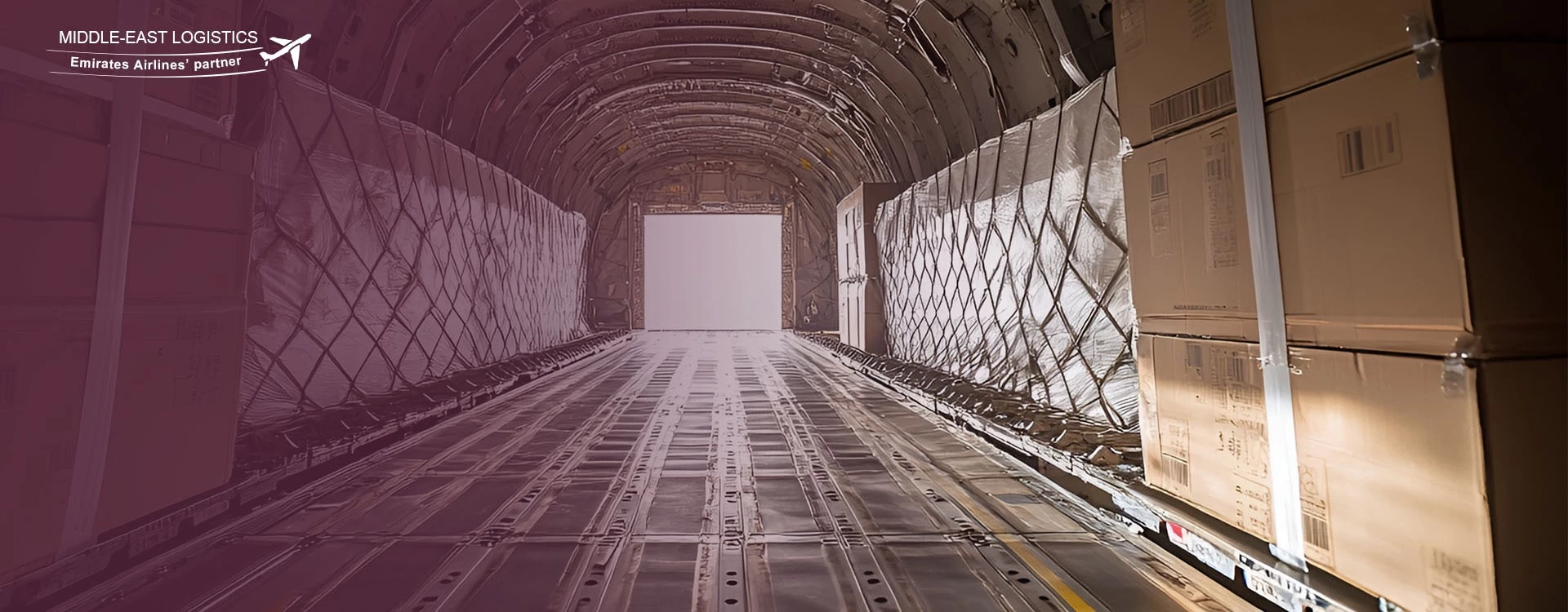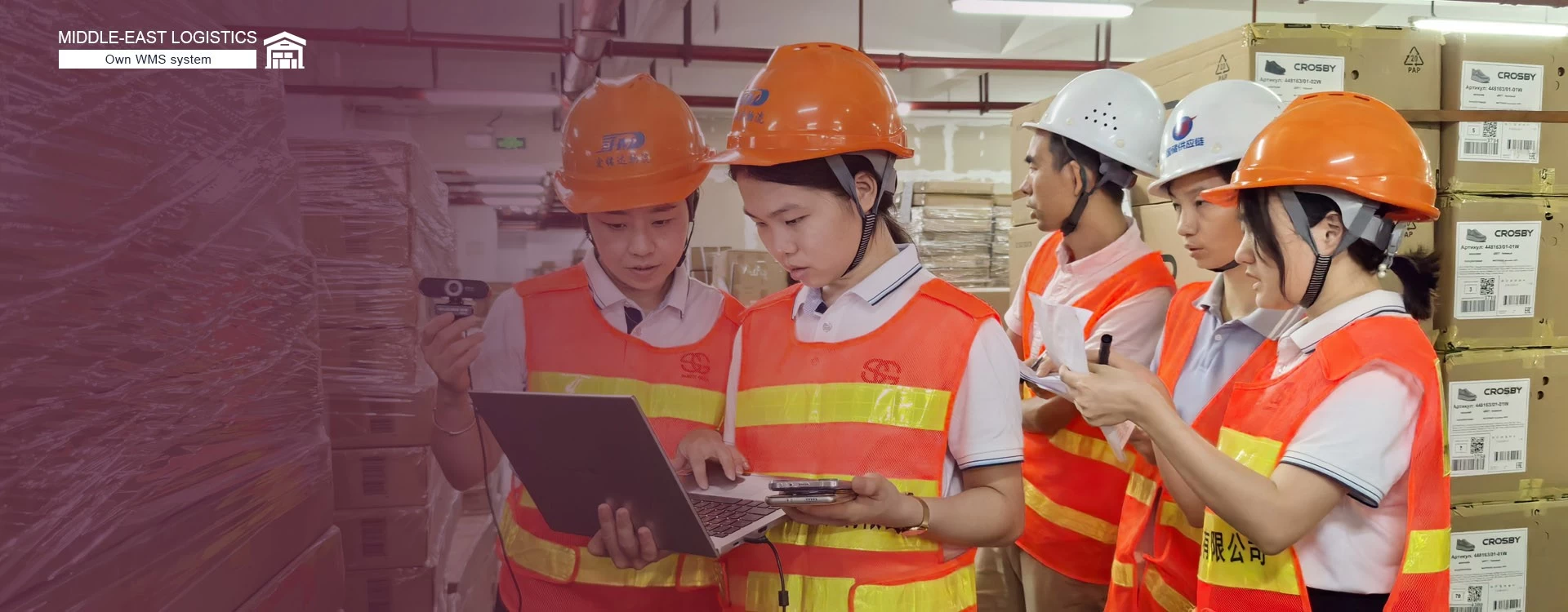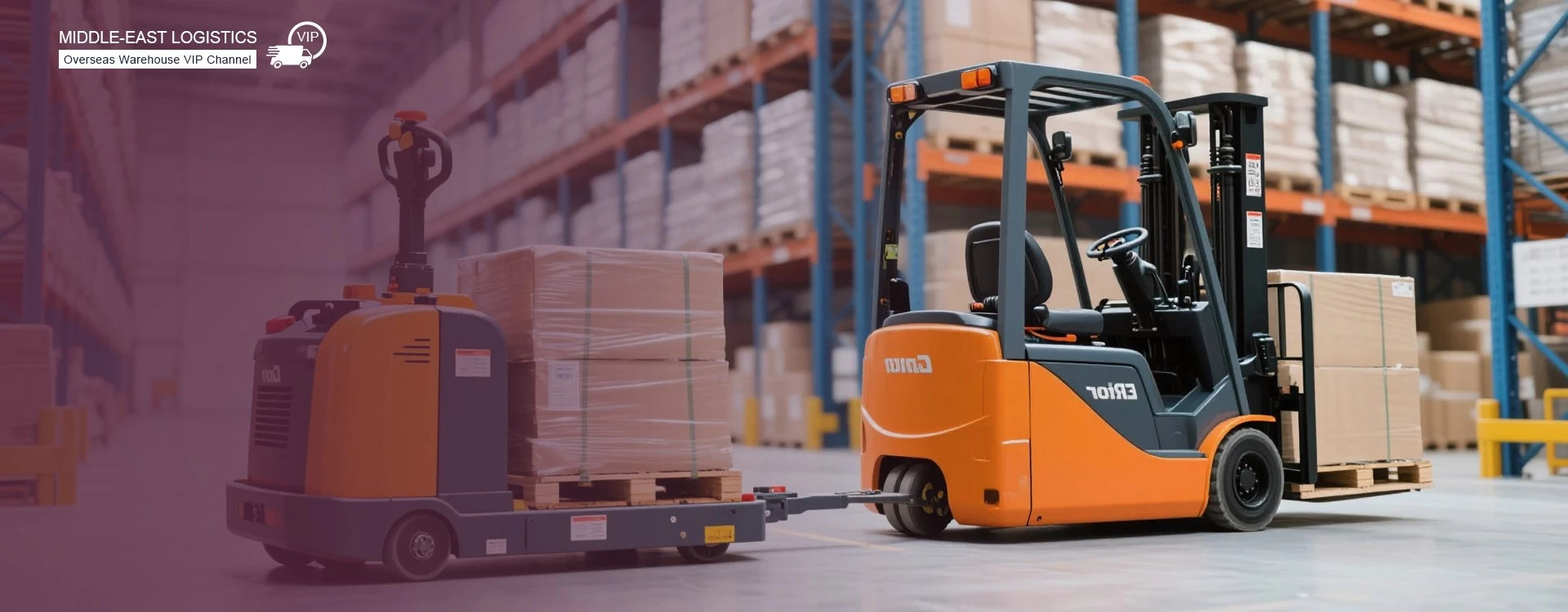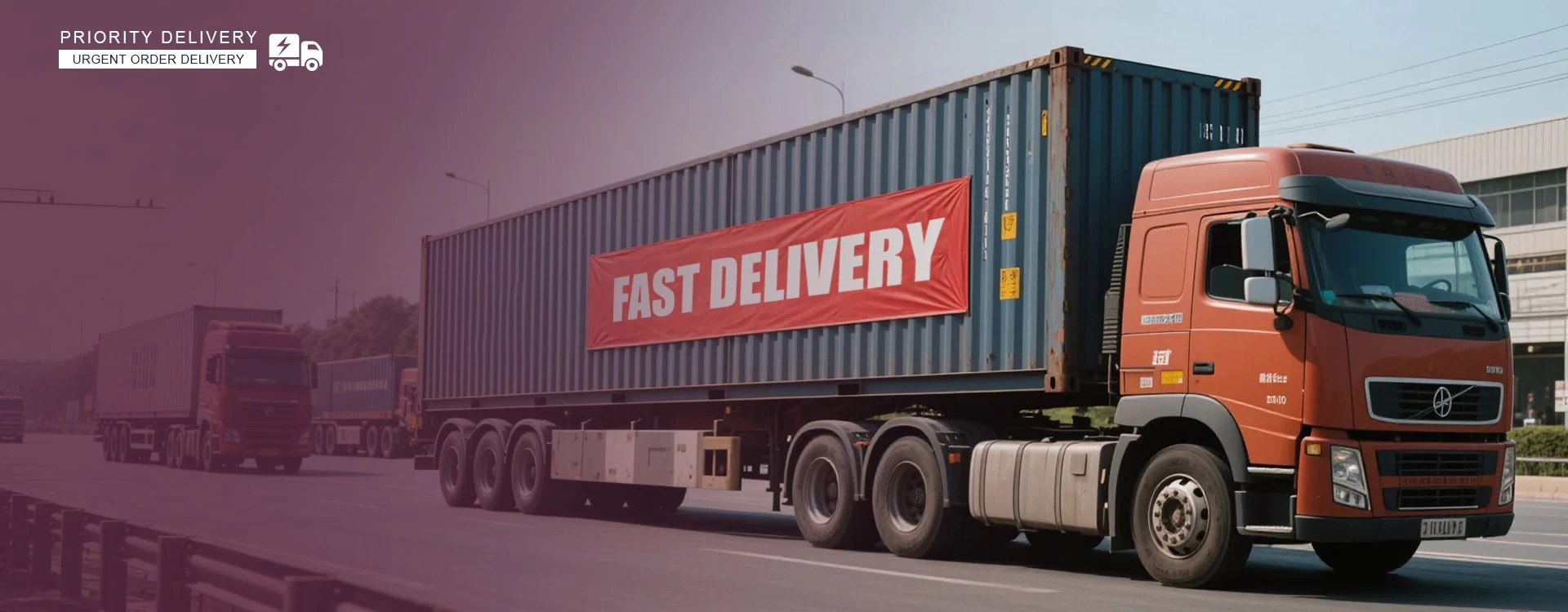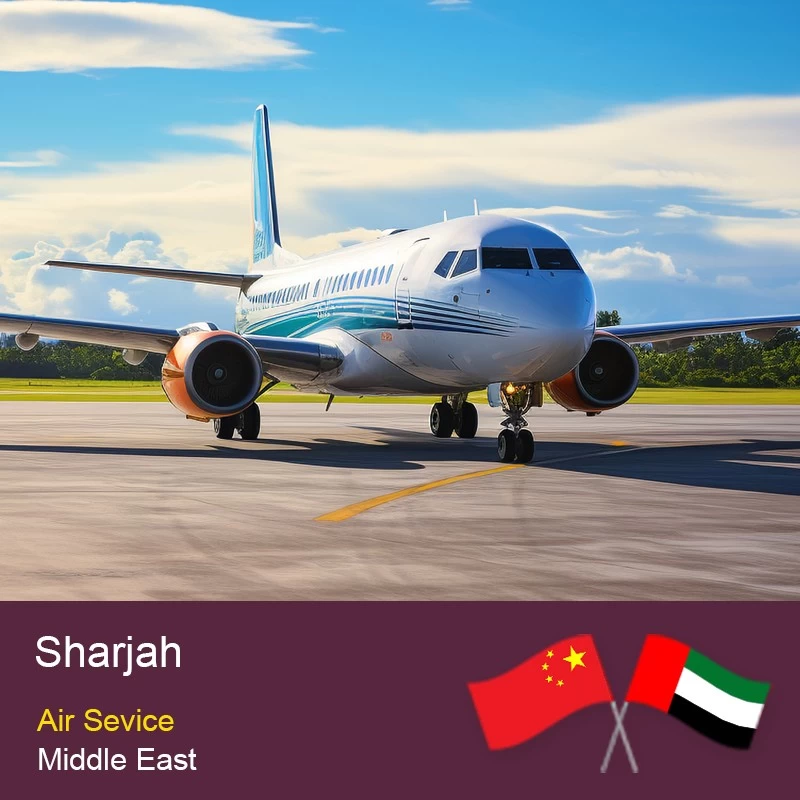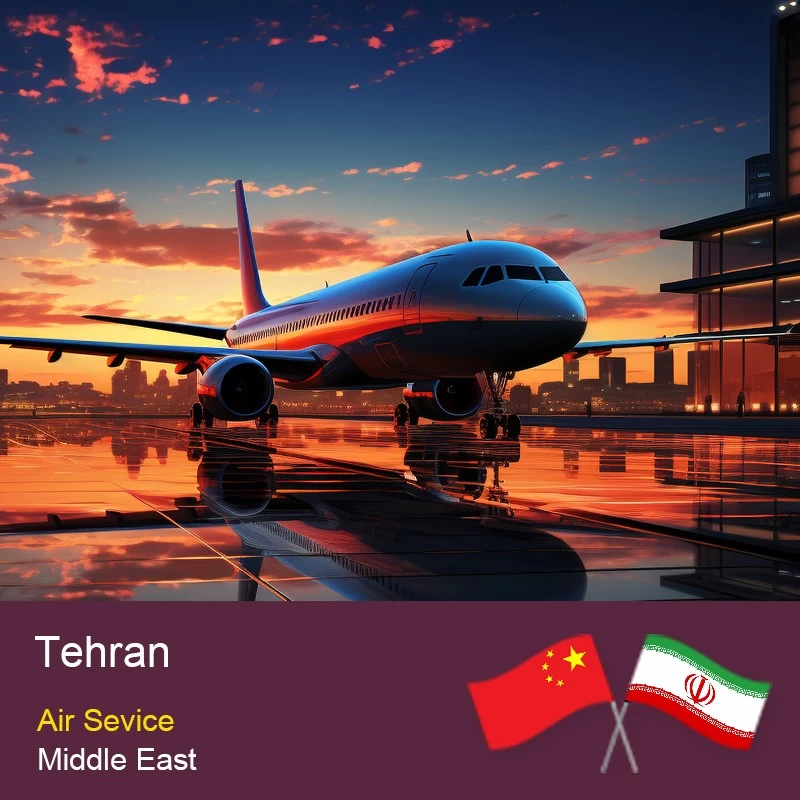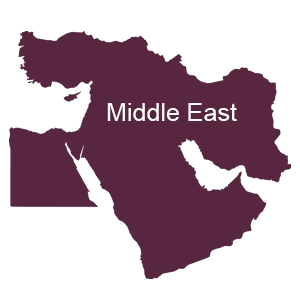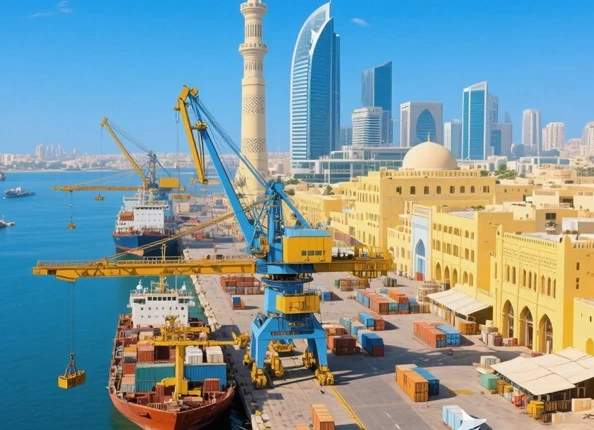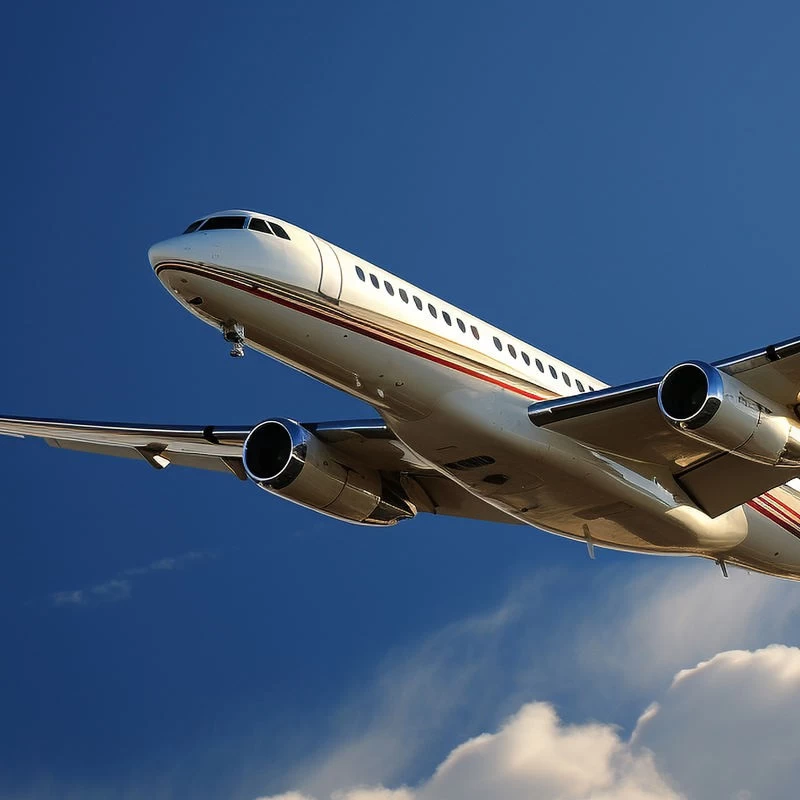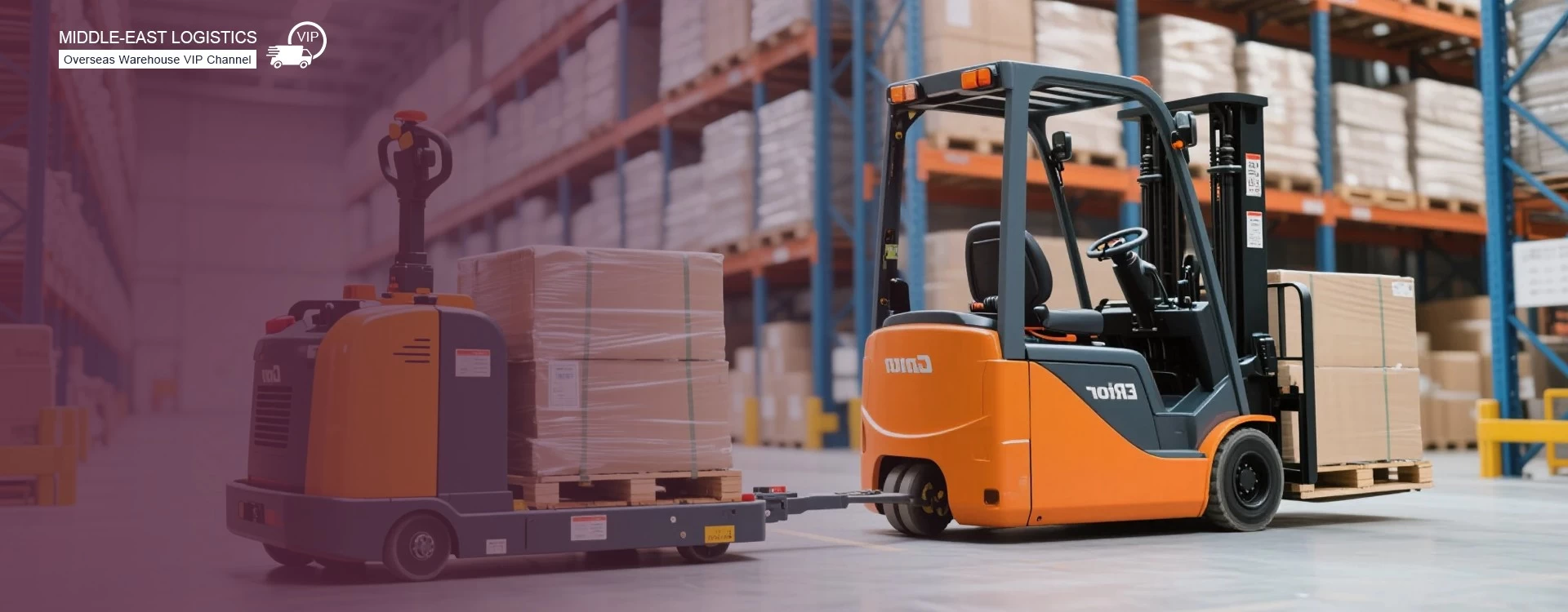Mistake in Air Freight to Middle East Weight Calculation Leads to Client Refusal to Pay! How We Grew from the Experience
Having been in the air freight to Middle East business for many years, I still remember the mistakes I made due to lack of experience when I first started. Once, a client had 20 boxes of Arabian robes to be shipped via air freight to Middle East. I directly used the dimensions provided by the client to calculate the volumetric weight: 40*30*25 cm per box, with each box weighing 100 kg. I quoted the client based on these measurements and felt quite pleased with myself. However, when the goods actually arrived, the airline’s measurements showed that each box was 55*40*30 cm, and the calculated weight per box was 220 kg—a difference of 120 kg per box! When I informed the client, they refused to pay the price difference. I was stunned—what could I do? Eventually, our general manager stepped in, apologized to the client, and we settled on a compromise price for the shipment. Of course, we made no profit, but at least we didn’t lose money.
Through these kinds of experiences, we gradually learned our lessons. It’s essential to be meticulous when preparing documents and to verify any potential issues accurately. Don’t be afraid to ask more questions. Always measure on-site or request that the client provide videos or photos of their measurements, and make sure to note that the airline’s re-measurement will be considered final.
Freight forwarding companies vary in quality, regardless of the country or region they operate in. Whether it’s air freight to Middle East or elsewhere, we often work with local agents, so finding reliable partners is crucial. We are now a senior member of WCA (World Cargo Alliance) with membership number 87909. The barrier to entry for WCA is quite high—it’s not something just any small freight forwarder can join. In addition to the substantial annual fee, companies must meet certain scale and conditions to qualify. This effectively filters out unreliable small freight forwarders.
When we look for local agents, we only work with WCA member companies. The advantage of this platform is its endorsement. If an agent’s service is unsatisfactory or something unexpected happens, the platform will help coordinate a solution and even assist in protecting our rights. This mutual constraint ensures better service from both sides.
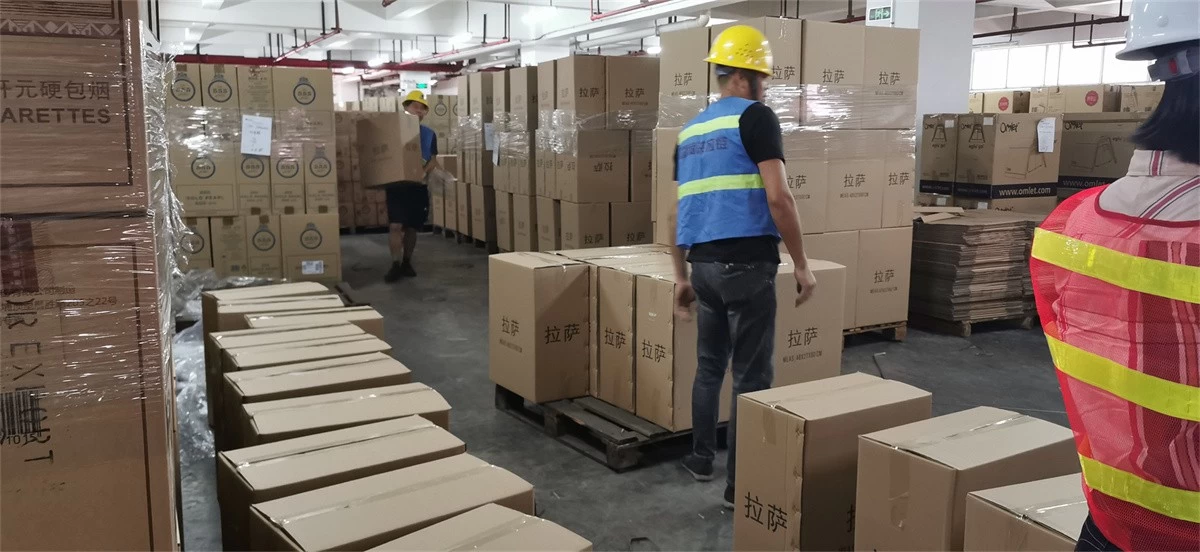
It is precisely by holding ourselves to such high standards that we have secured orders from many large enterprises. For example, we once helped Huawei ship electronic products worth 40 million USD. Huawei doesn’t just work with any freight forwarder—they conduct on-site inspections of the company’s capabilities, warehouse conditions, and even investigate the company’s background, including any major legal disputes. Being able to collaborate with Huawei demonstrates that we are fully capable of serving large clients.
To excel in air freight to Middle East, it’s essential to have strong control over warehouse capacity. We currently operate two dedicated air freight to Middle East routes. One is a direct route from Guangzhou/Shenzhen to the UAE, with 30 fixed pallet spaces per week—averaging about 6 per day. These pallet spaces are leased directly from the airline. Freight forwarders capable of leasing airline pallet spaces must be highly competent and have a consistent volume of shipments. But that’s not all—in addition to the direct route, we also have a route from Guangzhou/Shenzhen to the UAE via Beijing. This route is even more frequent, with flights available every day from Monday to Sunday.
In reality, many freight forwarders claim to be primary operators, but there are different levels among them. Some only have a few pallet spaces per week, while we have 30 pallet spaces for our direct route alone—this sets us apart from the competition.
Many clients looking for air freight to Middle East focus solely on price. However, they often overlook the unique aspects of the freight forwarding industry. It’s crucial to evaluate the company—reliability is the foundation of everything. Many clients initially negotiate prices with me, but after visiting our company and seeing our capabilities and services, they end up signing contracts with us.